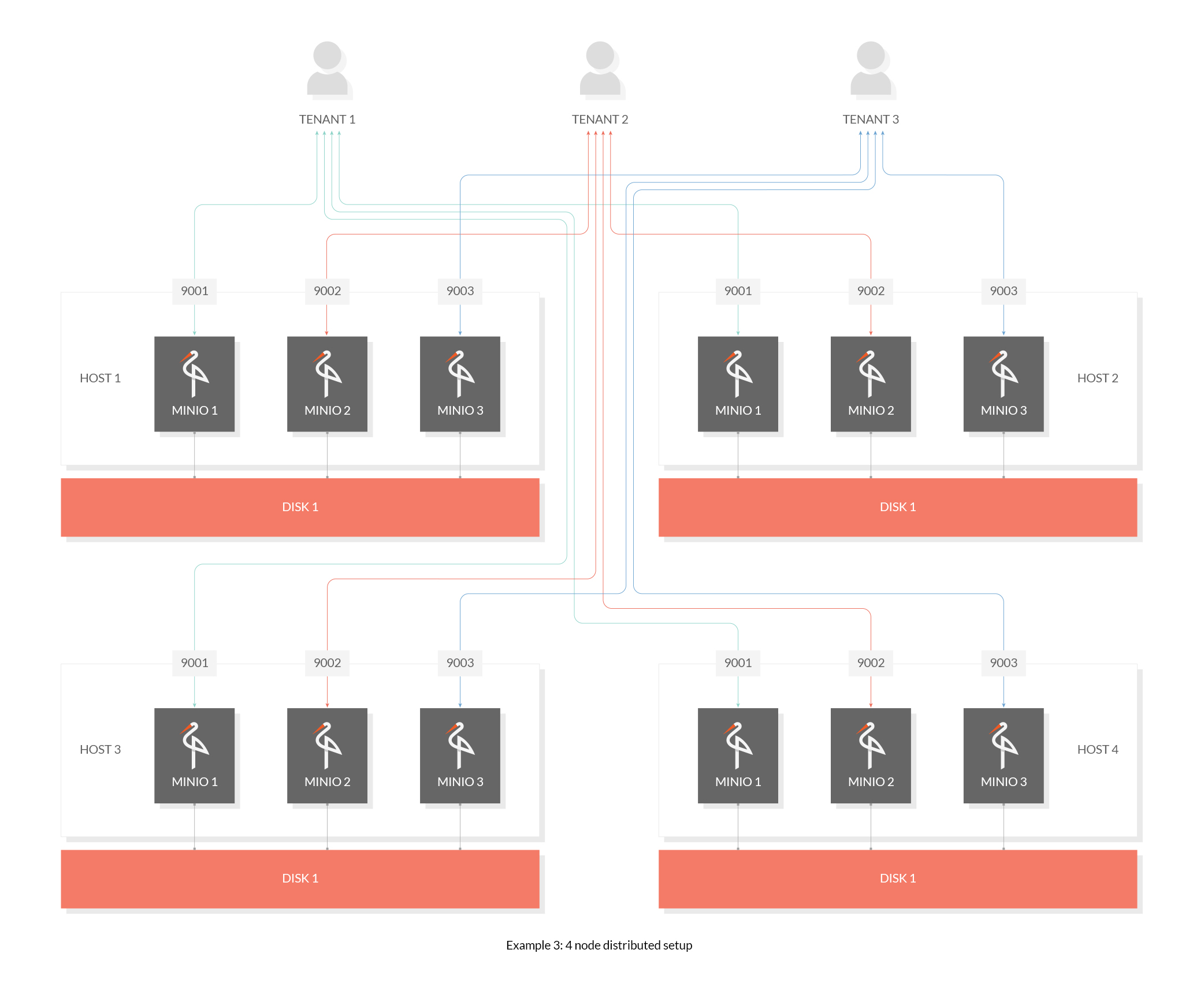- Sort Score
- Result 10 results
- Languages All
Results 41 - 50 of 2,651 for note (0.04 sec)
-
docs/fr/docs/tutorial/query-params-str-validations.md
Le paramètre de requête `q` a pour type `Union[str, None]` (ou `str | None` en Python 3.10), signifiant qu'il est de type `str` mais pourrait aussi être égal à `None`, et bien sûr, la valeur par défaut est `None`, donc **FastAPI** saura qu'il n'est pas requis. /// note **FastAPI** saura que la valeur de `q` n'est pas requise grâce à la valeur par défaut `= None`.
Registered: Sun Dec 28 07:19:09 UTC 2025 - Last Modified: Sat Nov 09 16:39:20 UTC 2024 - 9.5K bytes - Viewed (0) -
docs/es/docs/tutorial/body-multiple-params.md
Y también puedes declarar parámetros del cuerpo como opcionales, estableciendo el valor por defecto a `None`: {* ../../docs_src/body_multiple_params/tutorial001_an_py310.py hl[18:20] *} /// note | Nota Ten en cuenta que, en este caso, el `item` que se tomaría del cuerpo es opcional. Ya que tiene un valor por defecto de `None`. /// ## Múltiples parámetros del cuerpo { #multiple-body-parameters }Registered: Sun Dec 28 07:19:09 UTC 2025 - Last Modified: Tue Dec 16 16:33:45 UTC 2025 - 5.2K bytes - Viewed (0) -
docs/de/docs/tutorial/request-files.md
```Python contents = myfile.file.read() ``` /// note | Technische Details zu `async` Wenn Sie die `async`-Methoden verwenden, führt **FastAPI** die Datei-Methoden in einem <abbr title="Mehrere unabhängige Kindprozesse">Threadpool</abbr> aus und erwartet sie. /// /// note | Technische Details zu Starlette
Registered: Sun Dec 28 07:19:09 UTC 2025 - Last Modified: Sat Sep 20 15:10:09 UTC 2025 - 8.7K bytes - Viewed (0) -
api/maven-api-core/src/main/java/org/apache/maven/api/plugin/annotations/Execute.java
@Retention(RetentionPolicy.RUNTIME) @Target(ElementType.TYPE) @Inherited public @interface Execute { /** * Lifecycle phase to fork. Note that specifying a phase overrides specifying a goal. * @return the phase */ @Nonnull String phase() default ""; /** * Goal to fork. Note that specifying a phase overrides specifying a goal. The specified <code>goal</code> must be * another goal of the same plugin.Registered: Sun Dec 28 03:35:09 UTC 2025 - Last Modified: Fri Apr 12 10:50:18 UTC 2024 - 2.2K bytes - Viewed (0) -
docs/en/docs/tutorial/request-form-models.md
</div> ## Forbid Extra Form Fields { #forbid-extra-form-fields } In some special use cases (probably not very common), you might want to **restrict** the form fields to only those declared in the Pydantic model. And **forbid** any **extra** fields. /// note This is supported since FastAPI version `0.114.0`. 🤓 /// You can use Pydantic's model configuration to `forbid` any `extra` fields:Registered: Sun Dec 28 07:19:09 UTC 2025 - Last Modified: Sun Aug 31 09:15:41 UTC 2025 - 2.2K bytes - Viewed (0) -
docs/multi-tenancy/README.md
export MINIO_ROOT_PASSWORD=<TENANT3_SECRET_KEY> minio server --address :9003 http://192.168.10.1{1...4}/data/tenant3 ``` **Note:** Execute the commands on all 4 nodes. 
Registered: Sun Dec 28 19:28:13 UTC 2025 - Last Modified: Tue Aug 12 18:20:36 UTC 2025 - 3.1K bytes - Viewed (0) -
docs/pt/docs/advanced/additional-responses.md
{* ../../docs_src/additional_responses/tutorial002_py310.py hl[17:22,26] *} /// note | Nota Note que você deve retornar a imagem utilizando um `FileResponse` diretamente. /// /// info | InformaçãoRegistered: Sun Dec 28 07:19:09 UTC 2025 - Last Modified: Wed Dec 17 20:41:43 UTC 2025 - 9.4K bytes - Viewed (0) -
docs/pt/docs/tutorial/body-multiple-params.md
E você também pode declarar parâmetros de corpo como opcionais, definindo o valor padrão com `None`: {* ../../docs_src/body_multiple_params/tutorial001_an_py310.py hl[18:20] *} /// note | Nota Repare que, neste caso, o `item` que seria capturado a partir do corpo é opcional. Visto que ele possui `None` como valor padrão. /// ## Múltiplos parâmetros de corpo { #multiple-body-parameters }Registered: Sun Dec 28 07:19:09 UTC 2025 - Last Modified: Wed Nov 12 16:23:57 UTC 2025 - 5.4K bytes - Viewed (0) -
apache-maven/src/assembly/maven/conf/settings.xml
| | NOTE: This location can be overridden with the CLI option: | | -is /path/to/installation/settings.xml | | The sections in this sample file are intended to give you a running start at | getting the most out of your Maven installation. Where appropriate, the default | values (values used when the setting is not specified) are provided. | |-->
Registered: Sun Dec 28 03:35:09 UTC 2025 - Last Modified: Wed Jan 22 07:44:50 UTC 2025 - 11.1K bytes - Viewed (0) -
compat/maven-compat/src/main/resources/META-INF/maven/plugin-expressions/project.paramdoc.xml
<dependencies> ... </dependencies> ]]></configuration> <description> <![CDATA[ This is a set of Artifact instances resolved from the set of dependencies for the current project. NOTE: This will likely contain much more than the direct dependencies of the current POM, since Maven uses transitive, or chained, dependency resolution. ]]></description> </expression> <expression>
Registered: Sun Dec 28 03:35:09 UTC 2025 - Last Modified: Fri Oct 25 12:31:46 UTC 2024 - 5.6K bytes - Viewed (0)